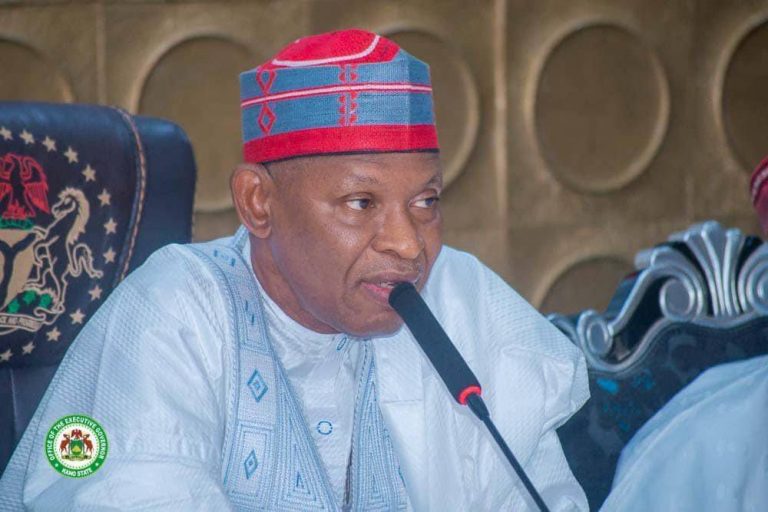Pakistan’s President Arif Alvi has denied signing two controversial bills that would further empower the military. The bills, which aimed to criminalize revealing the identities of military intelligence officers and imposing jail terms for defaming the army, have sparked a debate regarding their legality.
President Alvi posted on X (formerly known as Twitter) on Sunday, asserting that he returned the bills unsigned, but his staff had “undermined my will.” The move casts doubt on the legitimacy of the two laws.
However, Pakistan’s interim law minister, Ahmed Irfan Aslam, explained that according to the constitution, the president had the option to either assent to the bills or refer them to parliament with specific observations. Instead, President Alvi deliberately delayed giving assent, returning the bills without either approval or observations, Aslam stated.
As the signed bills were not received from the president within 10 days, they automatically became law, according to Aslam. A gazette from the Senate Secretariat confirmed that the bills were “deemed to have been assented to by the president.”
These contentious bills were presented to President Alvi prior to the dissolution of parliament on August 9, with the intention of holding elections in November. However, due to the need to redraw electoral boundaries based on new census data, the elections have been postponed until February.
In early August, the Official Secrets (Amendment) Bill and the Pakistan Army (Amendment) Bill triggered heated discussions in the National Assembly. The former suggests a three-year jail term and a fine of up to 10 million rupees (£27,000; $34,000) for exposing the identities of intelligence officials, informants, or sources. The latter proposes a prison sentence of up to five years for disclosing sensitive information related to national security.
Both the opposition party Pakistan Tehreek-e-Insaf (PTI) and the coalition partners of the ruling party Pakistan Muslim League Nawaz (PML-N) criticized the government for passing these laws hastily and without proper deliberation.
The newly enacted laws have already led to the arrest of some opposition members. PTI vice chair Shah Mehmood Qureshi was apprehended over the weekend under the Official Secrets Act. The PTI claims that his arrest was a result of challenging the election postponement during a press conference, while authorities accuse him of using a secret diplomatic cable for political gain.
The Pakistani intelligence services have been frequently accused of unlawfully detaining opposition members, politicians, activists, and journalists, with human rights organizations observing a rise in enforced disappearances.
The PTI has expressed its intention to challenge the disputed bills in the Supreme Court and has offered its “full support” to President Alvi.
President Alvi, a founding member of PTI, leads a party that has faced targeted actions since the arrest of former Prime Minister Imran Khan in May. Khan’s arrest sparked violent protests, including against military installations. Since then, key party leaders, including Khan, have received jail sentences on various charges.
Advertisement





